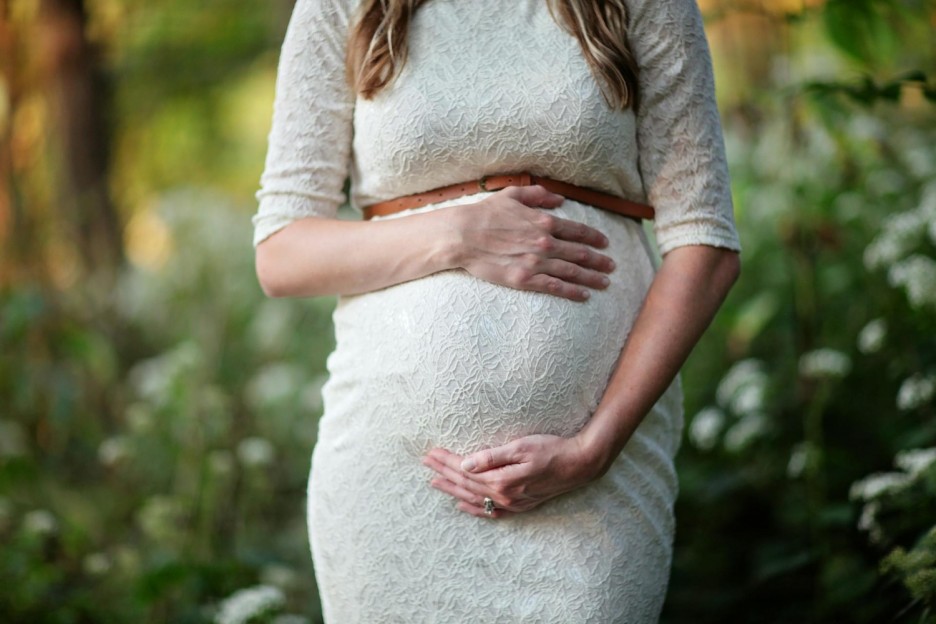Ozempic Baby Boom: Weight Loss Drug Could Interfere With Birth Control Pills, Cause Pregnancies

The use of Ozempic and other weight loss drugs has reportedly resulted in unexpected pregnancies in numerous users who are on birth control pills or struggling with infertility.
This phenomenon, dubbed "Ozempic babies" on social media, became a trend as GLP-1 drugs like Ozempic surged in popularity for weight loss over the past few years,
Many of these individuals shared their stories on social media, including two TikTok users who claimed they got pregnant while on Ozempic despite previously being told they were infertile.
Another TikTok user claimed she conceived while taking both Ozempic and birth control.
But these testimonies aren't limited to Ozempic users.

Catera Bentley, 25, told CNN that she and her husband struggled to conceive for years due to her history of polycystic ovary syndrome, known as PCOS.
But she claimed that after taking Mounjaro -- another type 2 diabetes medication that gained popularity as a weight loss drug -- her irregular menstrual cycles became normal, and she became pregnant.
Some experts explained that GLP-1 receptor agonist drugs like Ozempic and Mounjaro can interfere with the absorption of medications like birth control pills because of how they work.
GLP-1 receptor agonist is a class of drugs that help manage blood sugar levels in people with type 2 diabetes, according to Cleveland Clinic.
They work by triggering insulin release from the pancreas, slowing digestion and increasing satiety.

Texas-based board-certified endocrinologist Dr. Neha Lalani told Healthline that because GLP-1 receptor agonists slow down stomach emptying, oral birth control pills are not "absorbed consistently."
This then results in the "failure of oral birth control pills," according to the doctor.
The prescribing information of Mounjaro and Zepbound, which use tirzepatide, warn their users that "birth control pills by mouth may not work as well" while using these medications.
Dr. Daniel Drucker of the University of Toronto's Mount Sinai Hospital also shared that weight loss can generally be linked to increased fertility.

Speaking to CNN, Drucker, a pioneer of research into GLP-1, explained that losing "5, 10, 15% of your body weight" can "very often" lead to "an improvement in ovulation."
It is still unclear how safe Ozempic and similar drugs are to use during pregnancy.
Though the few studies on mothers who took such medications early in pregnancy did not reveal any adverse effects, the drugmakers and experts recommend that individuals stop using Ozempic and other weight loss drugs two months before trying to get pregnant.
© 2025 Enstarz.com All rights reserved. Do not reproduce without permission.





